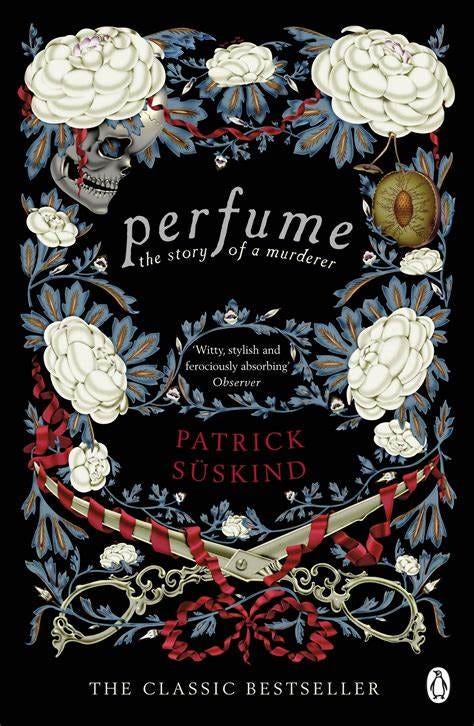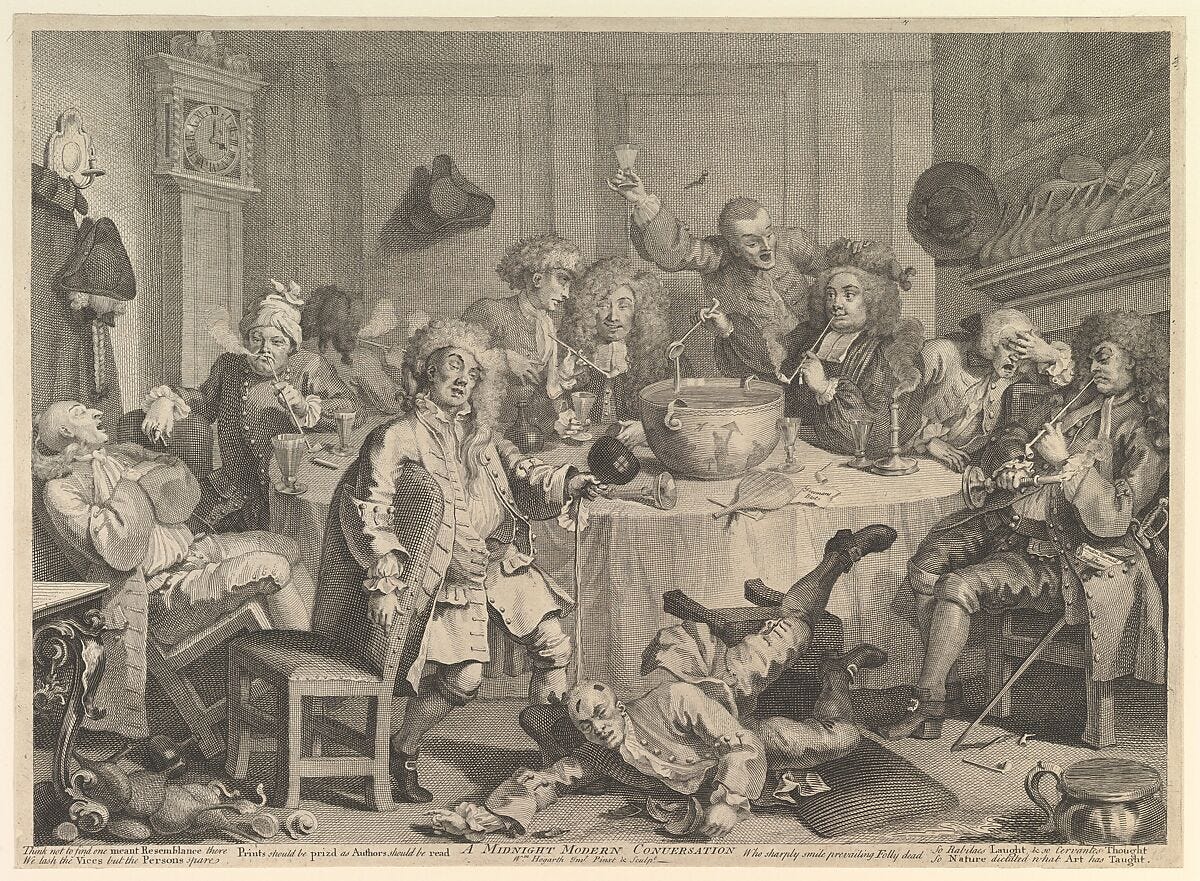About two-thirds of the way through Perfume, Patrick Süskind’s devious work of magical realism, Jean-Baptiste Grenouille — a man born with a superhuman (even supermammalian) sense of smell — catches the scent of the most beautiful girl in the world. Thoughts race through his head:
People will be overwhelmed, disarmed, helpless before the magic of this girl, and they will not know why. And because people are stupid and use their noses only for blowing, but believe absolutely anything they see with their eyes, they will say it is because this is a girl with beauty and grace and charm. In their obtuseness, they will praise the evenness of her features, her slender figure, her faultless breasts. And her eyes, they will say, are like emeralds and her teeth like pearls and her limbs smooth as ivory — and all those other idiotic comparisons.
This passage is not just useful as an insight into the character’s mind: it is the mission statement of the entire novel. In Perfume, Süskind deftly uses the perspective of a freak to shine a light on the human condition — a condition that he judges to be shallow, self-serving and utterly bereft of moral sturdiness.
Perfume follows the life of the ‘gifted and abominable’ Grenouille, who is born into poverty in the stinking alleyways of pre-Haussmann Paris in 1738. Grenouille soon discovers that he has a monstrously powerful sense of smell (despite being odourless himself) and sets about chasing his dream of identifying and capturing the most exquisite scents he can find. His mission, however, is not quite as whimsical as it sounds. Grenouille is utterly psychopathic, manipulating and eventually murdering his way through eighteenth-century France in pursuit of increasingly sublime odours.
Grenouille’s psychopathy is shocking, but what makes Süskind’s narrative so striking is that his behaviour hardly seems out of place among the villainy that surrounds him. People in Perfume are vile. Every character is looking out for themselves, and Grenouille is as abused by them as they are by him. See, for example, Maître Baldini, the great charlatan-perfumer, who takes on the young Grenouille as an apprentice with the intention of using the latter’s unique talents to obliterate any competition in the perfume industry. When Grenouille is taken seriously ill, Baldini prays for his recovery, but only because he needs him to mix a bestselling pomade. Later we meet the wealthy bourgeois Antoine Richis, father of the girl described above, whose paternal devotion to his daughter is driven predominantly by his desire to see her married into nobility, thereby advancing the position of his family.
Süskind also spares no efforts in describing the hideous physicality of the people of eighteenth-century France. Everyone is a grotesque, hobgoblin-like creature, riddled with disease and secreting various viscous fluids. That we view them from Grenouille’s perspective only adds to our disgust, as he can identify every whiff that emanates from their universally sweaty bodies.
All the same, physical repulsiveness remains secondary to moral horror in Süskind’s narrative. He makes it clear throughout that we are dealing with a society of selfish monsters, people who only lift a finger if they stand to benefit in some material capacity. Those who display any shred of morality or human sentimentality are dismissed with ridicule.
It is perhaps unsurprising then that Perfume was written in the 1980s. I would argue that it’s not a novel about the eighteenth century at all: it’s a reflection of the materialistic, individualistic and ultra-competitive society that emerged in the late twentieth century and has yet to leave us. Non-materialistic human relations in Perfume are portrayed as a joke, and every character with a shred of intelligence is shown to understand this implicitly. The whole text drips with a sort of grim end-of-history cynicism that could never have survived in God-fearing pre-revolutionary France. Süskind’s past is a familiar country.
Anachronistic it may be, it’s nonetheless compelling. The quiet Grenouille (whose name, meaning ‘frog’, is one of several animalistic terms used to describe him) remains detached from the murky mass of humanity around him. Via his patient, calculating observations, we watch people lie, cheat and double-cross one another in a wretched scramble for self-advancement. Süskind’s great trick is that, at times, we even find ourselves sympathising with the monstrous Grenouille as he struggles through the crowds of stinking, stupid and utterly immoral creatures that make up society.
And therein lies the real horror of Perfume — the realisation that, for all our desired moral qualms, it’s sometimes so much easier just to hate people for their ugliness, both moral and aesthetic. It can be so tempting to view oneself as a Grenouille, navigating the unwashed masses and their ‘idiotic comparisons’, in pursuit of a higher, cleaner goal. We may not like ourselves for doing so, but the temptation is always there, lingering in the air like a bitter cologne.





